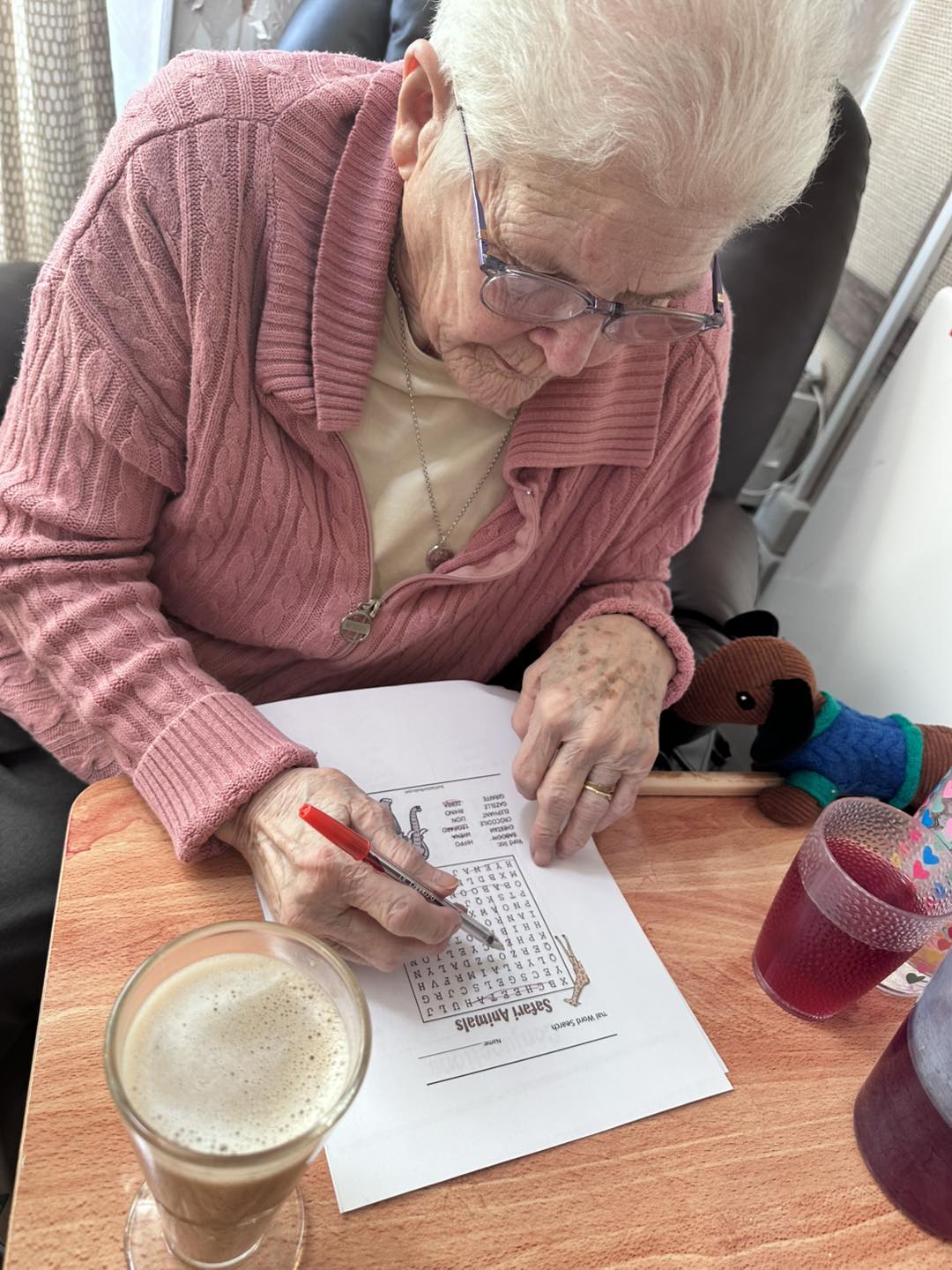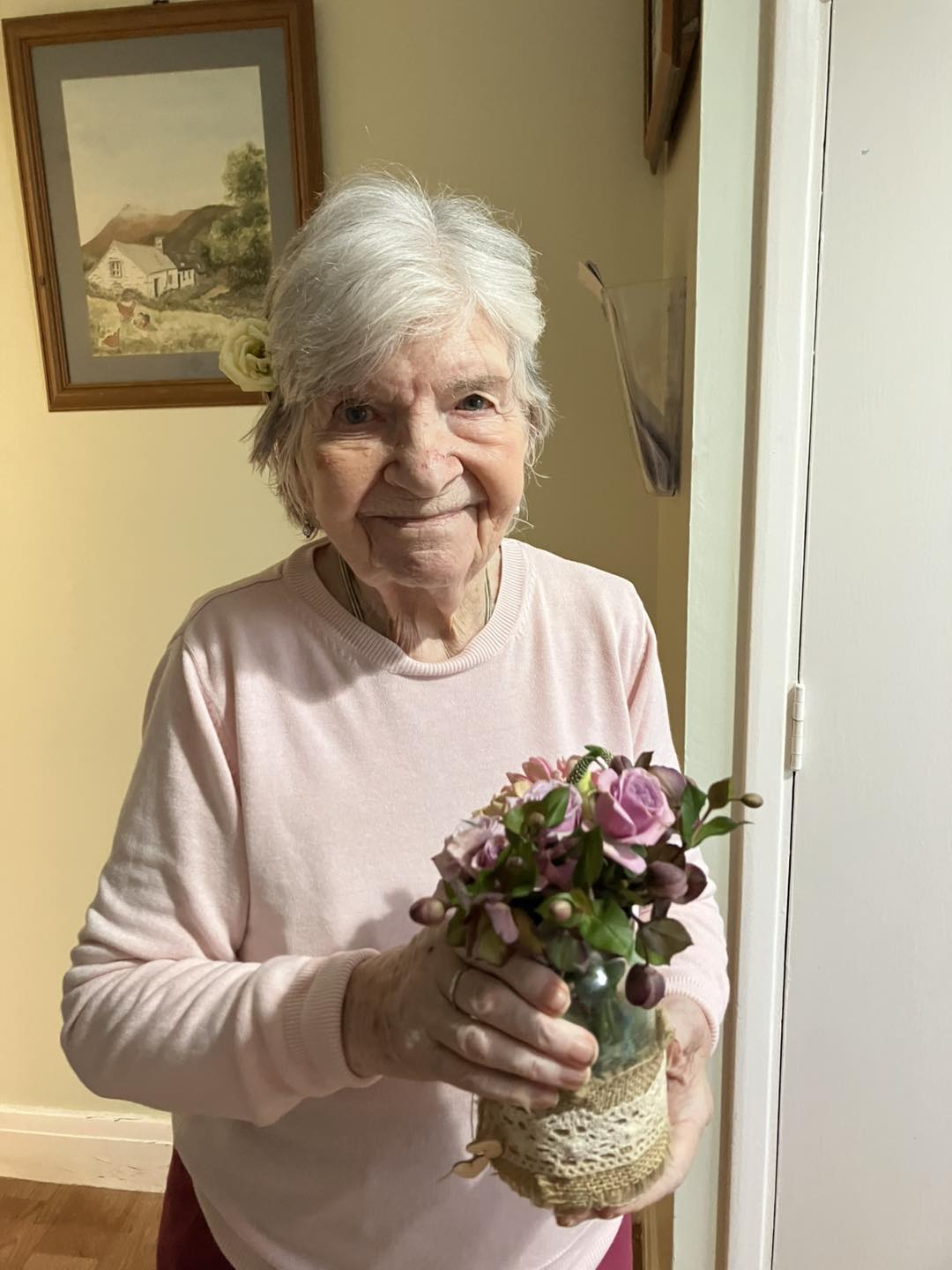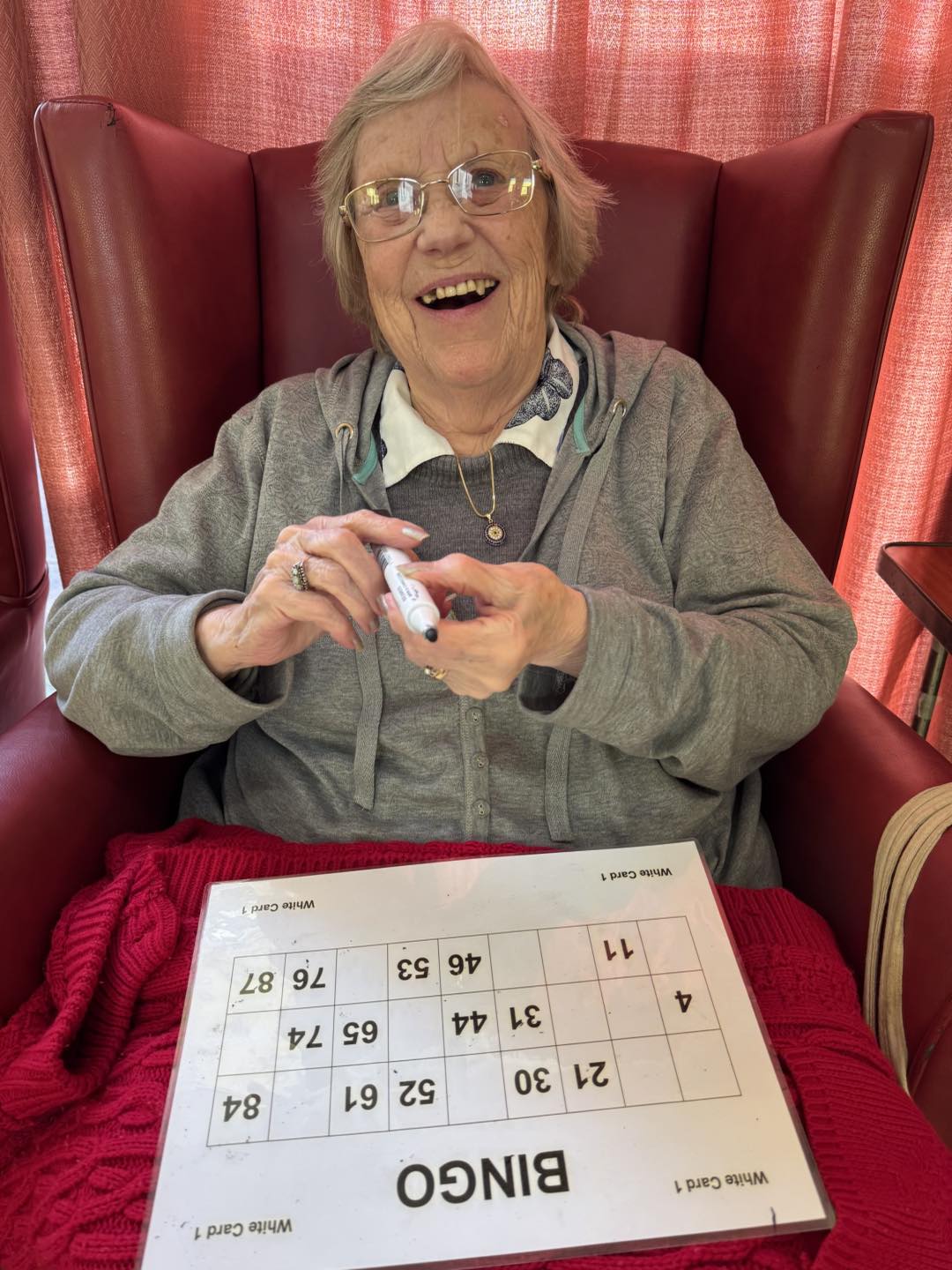In an era where horse-drawn carriages and telegraphs are relics of the past, the concept of palliative care remains a cornerstone in modern medicine, evolving to meet the complex needs of patients with serious illnesses.
You might wonder, what exactly is palliative care? At its core, it’s about improving the quality of life for both you and your family when you’re facing the problems associated with life-threatening illness.
This care focuses on providing relief from symptoms, pain, and stress, regardless of the diagnosis. But how does it differentiate from hospice care, and who really benefits from its services?
Stick around, and you’ll uncover the essence of palliative care, its principles, and its profound impact on healthcare.
Key Takeaways
– Palliative care aims to improve quality of life for patients and families facing serious illnesses.
– It addresses physical, emotional, social, and spiritual needs, not just physical symptoms.
– Can be provided at any stage of illness, alongside curative treatments.
– Distinguishes from hospice care, which is for the final months of life without curative treatments.
Defining Palliative Care
Palliative care, at its core, is about providing comfort and support to you or your loved ones facing serious illness, focusing not just on physical symptoms but also addressing emotional, social, and spiritual needs. It’s a holistic approach that aims to improve the quality of life for both patients and their families. However, there are common care misconceptions that often cloud its true purpose. Some may mistakenly believe it’s only for those at the end of life, but in reality, palliative care can be beneficial at any stage of a serious illness, alongside curative treatments.
The historical evolution of palliative care has played a significant role in shaping its modern-day practices. Initially emerging as a response to the needs of the terminally ill, it has expanded its scope over the years to encompass a wide range of life-limiting conditions. This evolution reflects a growing recognition of the importance of addressing the multifaceted suffering associated with serious illnesses, beyond just the physical symptoms. Understanding this history can help dispel misconceptions and highlight the comprehensive care palliative care offers, guiding you towards making informed decisions about your or your loved one’s care journey.
Core Principles and Goals
To truly comprehend the impact of palliative care, it’s essential to grasp its core principles and goals, designed to enhance the quality of life for both you and your loved ones facing serious illnesses. At its heart, care adopts a holistic approach, acknowledging that relief from symptoms, pain, and stress requires attention to the physical, emotional, and spiritual needs of patients.
This care model prioritises patient autonomy, ensuring that you have a voice in your care plan. It’s about empowering you to make informed decisions regarding your treatment options and goals. The ultimate aim is to support not just the patient, but also the family, fostering an environment where emotional and practical needs are addressed.
Palliative Care Vs Hospice
While both palliative care and hospice aim to provide comfort, it’s crucial to understand the differences that set them apart in supporting patients through serious health challenges. One key distinction lies in the care duration. Palliative can begin at any stage of a serious illness, even from the time of diagnosis, and continue alongside curative treatments. It’s there for you through the entire journey, adjusting to your needs as they evolve.
Hospice care, on the other hand, is specifically for those in the final months of life, typically when curative treatments are no longer being pursued.
Location differences also play a significant role. Palliative care can be offered in various settings, including hospitals, outpatient clinics, and at home, making it versatile and accessible. Hospice care is more often provided in the comfort of your own home, but it can also be available in hospice centres, hospitals, and nursing homes, focusing on making your final days as peaceful as possible.
Understanding these distinctions ensures you and your loved ones can make informed decisions about the type of care that best aligns with your needs and wishes, navigating the complexities of serious illness with dignity and support.
Who Can Benefit?
Understanding the differences between palliative care and hospice is crucial, but it’s equally important to know who can benefit from palliative care. You might wonder if it’s right for you or your loved one. The truth is, palliative care serves a wide range of people, covering all age demographics and various disease types.
If you’re dealing with a serious illness, regardless of your age or the stage of your disease, you can benefit from palliative care. It’s not just for those at the end stages of life. Whether you’re a young adult grappling with cancer, a middle-aged person managing heart disease, or a senior living with chronic respiratory conditions, palliative is there to support you.
This type of care is especially beneficial if you’re experiencing severe symptoms that affect your quality of life, such as pain, shortness of breath, fatigue, or depression. It’s also invaluable for providing support in navigating the healthcare system, understanding your condition, and making complex medical decisions. Essentially, if you’re facing a serious illness, palliative care can offer you and your family the support you need, tailored to your unique situation.
Accessing Palliative Services
Navigating the journey to access palliative services can seem daunting, but knowing where to start simplifies the process. It’s essential to understand that you’re not alone in this. With the right information and support, you can find the help you and your loved ones need.
To begin accessing palliative care, consider the following steps:
- Consult with Your Primary Healthcare Provider: Your doctor can help you understand the benefits of palliative care for your specific situation and guide you on how to access these services. They’ll consider your health needs and recommend the best course of action.
- Understand Your Insurance Coverage: It’s crucial to know what your insurance covers regarding palliative care. Contact your insurance provider to get detailed information about your benefits, any possible co-pays, and the network of services available to you.
- Seek Caregiver Support: Don’t underestimate the value of caregiver support groups. These groups can offer practical advice, emotional support, and resources for accessing palliative care. Connecting with others in similar situations can be incredibly comforting and informative.
Frequently Asked Questions
How Does Palliative Care Integrate With Traditional Medical Treatments for Chronic Diseases?
You’re facing treatment integration challenges with chronic diseases, but personalised care plans in palliative care work alongside traditional treatments, ensuring your needs are met compassionately. It’s about enhancing your quality of life through thoughtful coordination.
Can Family Members Receive Support and Counseling Through Palliative Care Services?
Yes, you and your family can find solace and support through palliative care services. They’re designed to bolster emotional resilience and navigate the complex family dynamics, offering counselling and guidance every step of the way.
What Are the Cost Implications of Opting for Palliative Care, and Is It Covered by Insurance?
You’ll need to consider financial planning when opting for palliative care. Insurance policies vary, so it’s crucial to check if yours covers these services. This step can help alleviate stress and ensure proper care.
How Does One Manage the Transition From Palliative Care to Hospice Care, Should It Become Necessary?
Transitioning from palliative care to hospice involves end-of-life planning and legal considerations. It’s critical to understand that 80% of patients feel more at ease discussing their wishes early, making the process smoother for everyone involved.
Are There Any Specific Training or Certifications That Palliative Care Professionals Must Have to Provide Care?
Yes, palliative care professionals must undergo specific training, often lasting several years, and obtain certifications from recognized bodies. These ensure they’re equipped to provide compassionate, skilled care to those in need.
Conclusion
Imagine palliative care as a beacon of light in a storm, guiding you through the toughest times of illness. It’s more than medical treatment; it’s about enriching your quality of life, regardless of your illness’s stage.
Whether you’re navigating the rough waters of a chronic condition or facing the twilight of life, palliative care offers the support you need. Remember, accessing these services is a step toward not just coping, but living more fully, even amidst uncertainty.




